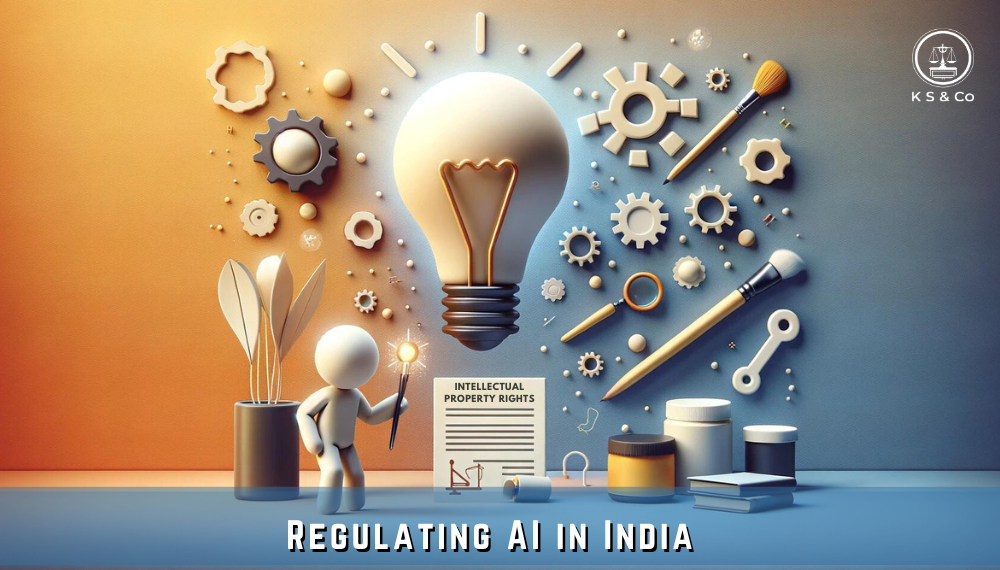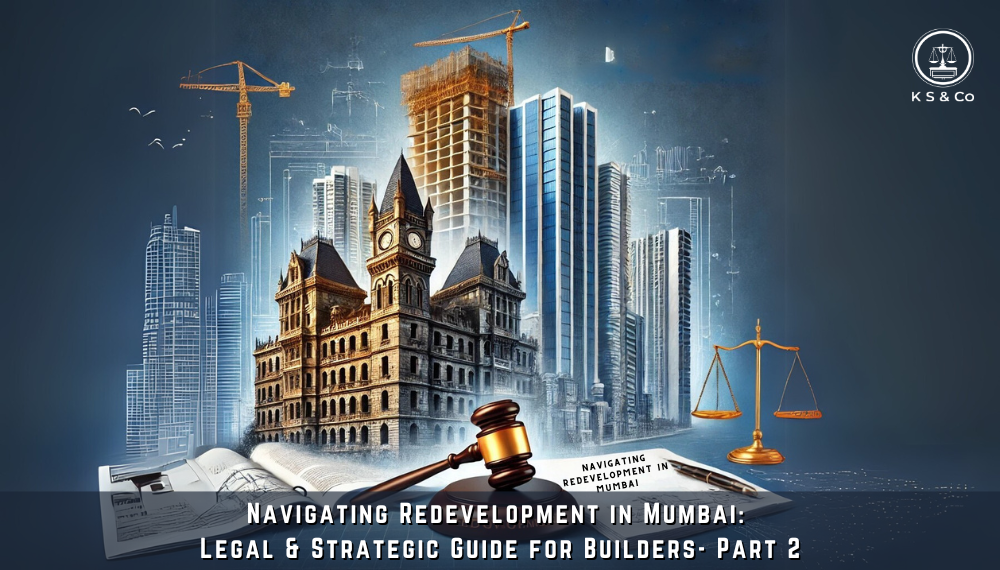The question of compulsory licensing of essential drugs has come to the fore in light of the recent shortage of drugs following the surge in COVID-19 cases across India. Numerous drugs used in the treatment of COVID-19 such as Remdesivir, Favipiravir and Tocilizumab are under patents. Patent protection has often been regarded as a major barrier in increasing generic production of drugs in shortage. In taking up a suo motu petition on COVID-19 measures, the Supreme Court has also recently asked the Central Government to consider compulsory licensing to tackle current shortage of essential drugs. Compulsory licenses are authorizations given to a third-party by the Controller General to make, use or sell a particular product or use a particular process which has been patented, without the need of the permission of the patent owner.
Governing legal regime and scope for compulsory licensing in India
It is essential that the Govt. must abide by the International Treaties and give the liberty to have differential pricing across regions so that the vaccine can be sold to the developing countries at an affordable rate. The manufacturers of the vaccine must think about a long-term relation with the Indian government and this shall enhance the firmness of their presence on the Indian soil. Compulsory licensing refers to the grant of license by the government to other entities for use of the patented innovation, without need for the patent-holder’s permission. Section 92 of the Patents Act 1970 in India provides for compulsory licensing of patents during a public health emergency. Article 31 of TRIPS read with para 5(b) of the Doha Declaration also permits compulsory licensing for furthering public health objectives. The Controller takes into account some more factors like the nature of the invention, the capability of the applicant to use the product for public benefit and the reasonability, but the ultimate discretion lies with him to grant the compulsory license. Even after a compulsory license is granted to a third party, the patent owner still has rights over the patent, including a right to be paid for copies of the products made under the compulsory licence. Furthermore, pharma companies can even continue to sell the raw material of these vaccines so their profits will not be affected in a big way. Hence, there is still a lot of space for the pharmaceutical companies to recover their investments and become profitable in the long run. The pandemic will not get over soon and is here to stay for here at least till the next 3-4 years. Year on Year, there will be people who will be vaccinated and this will ensure that the Pharmaceutical companies earn their share of profits. Till date, a compulsory license has only been granted to Natco Pharma for generic production of anti-cancer drug Nevaxar.
The case for compulsory licensing: affordability & availability of drugs being the need of the hour
Compulsory licensing would enable Indian manufacturers to make generic versions of the drugs at a fraction of the original price. Given that commercial scale of production for the generic drugs can be achieved within a short period, both the availability and affordability of critical drugs would be ensured. A time-limited compulsory license would be sufficient to tide over the present crisis, with adequate royalties being payable to the patent-holder. Given the increasing shortage of critical drugs, compulsory licensing is thus a viable course of action that may be explored to ensure accessibility of affordable drugs at the earliest. There is also a case for the development of international ties with other countries. This will be helpful in boosting up of the economy and flourishing the domestic players. India being a third-world country is in desperate need of Compulsory Licensing. This will not be a win only for the recipients but also for the Government and the manufacturers of the Vaccine. Government can implement this keeping in mind India is a large population and if they get over 1 billion people to test the efficacy of the drug, the costs of testing will get split. Further, this exercise will be immensely helpful for us to pave the way and enter the Sub-Saharan African markets that are not very strong economically and this shall help the people in other regions. It is true that a vaccine may cost USD 20 in the USA, however, the same would amount to an exorbitant rates in India which would go upto INR 1400. Hence, while the same cost may be affordable to someone in the USA, it is not the same case in India and hence we are in a dire need of Compulsory License.
The other side of the coin: Adverse impact on innovation & research by pharmaceutical companies
On the other hand, compulsory licensing is very likely to have a chilling effect on investment in innovation. Pharmaceutical companies invest significant time and efforts into development of drugs. They have a reasonable expectation of commercial returns for recovering this investment, and patent protection is often necessary to ensure continued innovation. Compulsory licenses undermine the patentee’s exclusive rights and freedom of entering into suitable licensing arrangements. This in turn may dissuade pharmaceutical companies from investing in research or introducing patented drugs in India in the long run.
The Central Government has presently adopted a stance against compulsory licensing for the reason that it would adversely impact the country’s efforts at a global level in negotiating for import of vaccines and drugs. The government has also emphasised the shortage of raw materials for production of drugs even if compulsory licenses were to be granted. Therefore, the impact of compulsory licenses on diplomatic negotiations and the issue of constraints in respect to raw materials are equally important aspects to be factored into this debate.
The impact of compulsory license will be posed on a lot of stakeholders but in the current situation, should we think more about the profits and margins or should we think about saving lives? It is imperative to estimate the potential loss of lives if the vaccines do not reach the numbers in demand. It is also to be kept in consideration that the vaccines’ qualitative measures should not be decreased. While it is important to distribute the vaccines without any embargo, it is also important to maintain its quality throughout the process of distributing it. This is one of the worries that if vaccines are compulsorily licensed, the know-how may not be able to reach the licensee and if that happens, it may not be of any use.
Concluding remarks
Whether compulsory licensing would be the most appropriate course of action in ensuring expedient access to vaccines remains in question – it entails a balancing test of the various arguments for and against compulsory licensing. Compulsorily licensing it the need of the hour and the toll of which a lot of Indians are already bearing. Further, it will also be interesting to see that if and when the vaccines are licensed will it be feasible to produce the vaccines in the same qualitative manner or not. It is to be seem as an opportunity to boost the economy by disseminating the knowledge and know-how about the vaccine. It is ultimately a policy decision to be taken by the Central Government in a manner that best serves public interests amidst the current health crisis.
This article has been published in IPLINK ASIA






